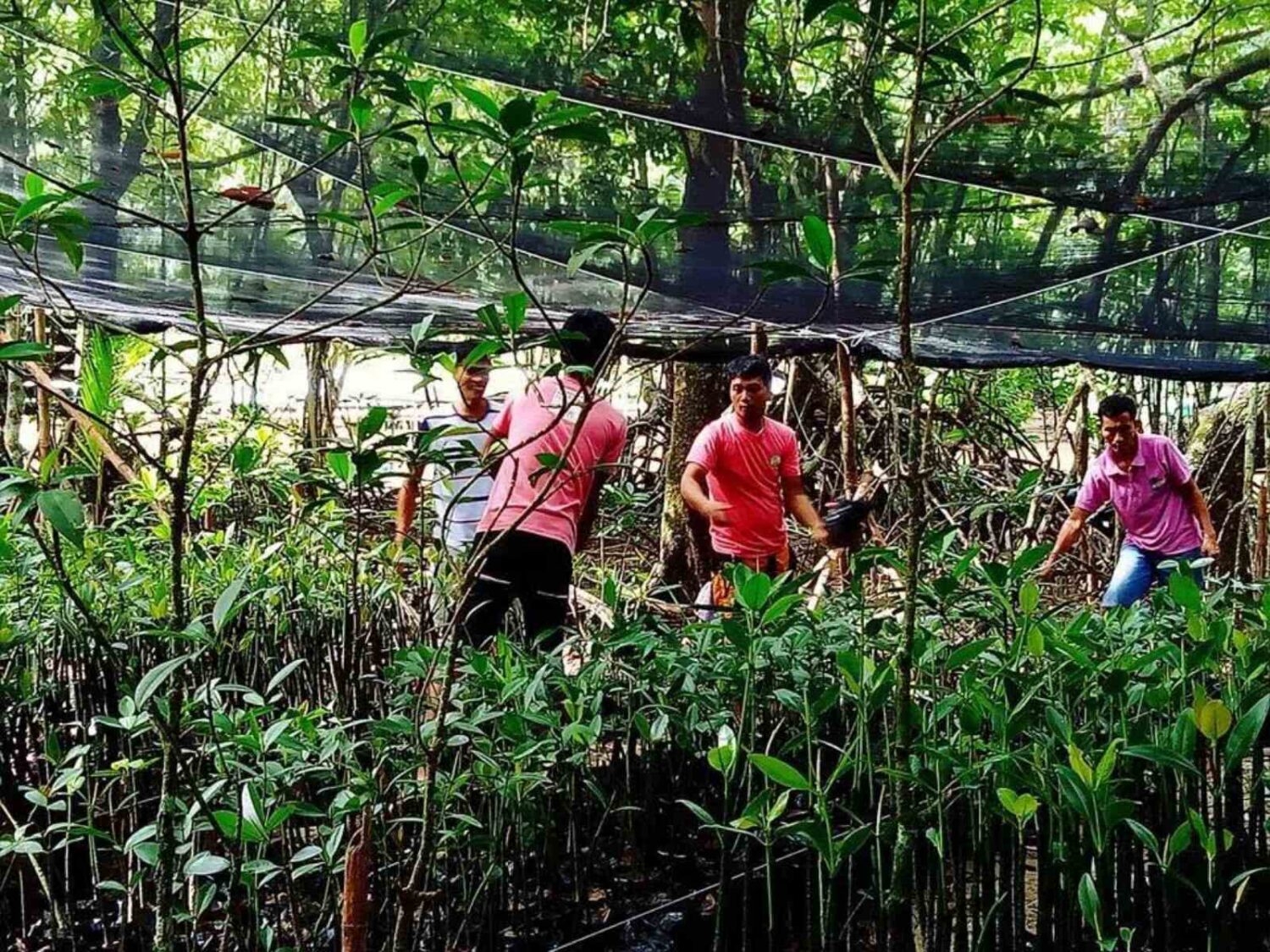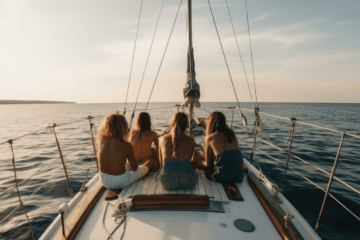Sustainable travel practices in Palawan are essential for preserving the region’s natural beauty and supporting local communities. Understanding the problems and education to be conscious and aware are important steps to rehabilitation and conservation of the environment. Working together is the only way that e as mankind, can preserve the world fragile ecosystem.

Sustainable Practices
Here’s a detailed list of sustainable travel practices that visitors can adopt while exploring Palawan . For more up to date information please contact the Department of Tourism or PCSD:
- Choose Responsible Accommodations:
- Opt for eco-friendly resorts and hotels that prioritize sustainable practices, such as waste reduction, energy efficiency, and water conservation.
- Support Community-Based Tourism:
- Engage in community-based tours and activities that directly involve local communities, providing economic benefits and fostering cultural exchange.
- Respect Local Cultures and Traditions:
- Be mindful of local customs and traditions. Seek permission before taking photographs, and participate respectfully in cultural activities.
- Minimize Plastic Usage:
- Bring a reusable water bottle and say no to single-use plastics. Dispose of waste properly and participate in beach clean-ups if available.
- Conserve Water and Energy:
- Conserve water by taking shorter showers and reusing towels. Turn off lights and air conditioning when not in use to minimize energy consumption.
- Use Sustainable Transportation:
- Choose eco-friendly transportation options, such as electric tricycles or bicycles, to explore local areas. Minimize carbon footprint when traveling between destinations.
- Support Sustainable Seafood Practices:
- Choose restaurants that promote sustainable seafood practices, and avoid consuming endangered or threatened species. Learn about local fishing techniques and support responsible fishing communities.
- Participate in Conservation Programs:
- Join or support local conservation initiatives and programs. This could include coral reef protection, mangrove planting, or wildlife conservation efforts.
- Practice Responsible Snorkeling and Diving:
- Follow established guidelines for snorkeling and diving to minimize impact on coral reefs. Do not touch or stand on coral, and avoid disturbing marine life.
- Educate Yourself and Others:
- Learn about the local ecosystems, wildlife, and conservation challenges. Share this knowledge with fellow travelers to promote responsible tourism practices.
- Respect Wildlife:
- Observe wildlife from a distance and avoid disturbing their natural behavior. Do not feed wild animals, and follow guidelines provided by local guides.
- Choose Sustainable Tour Operators:
- Select tour operators committed to sustainable and responsible tourism. Look for certifications or memberships in eco-friendly organizations.
- Reduce Your Carbon Footprint:
- Offset your carbon footprint by participating in local tree-planting activities or supporting carbon offset programs. Consider non-stop flights and use public transportation where possible.
- Shop Locally and Responsibly:
- Purchase locally-made souvenirs and support small businesses. Avoid buying products made from endangered or protected species.
- Practice Leave No Trace Principles:
- Follow “Leave No Trace” principles by taking all your waste with you and leaving natural and cultural features undisturbed.
By adopting these sustainable travel practices, visitors to Palawan can contribute to the conservation of its natural wonders, support local communities, and ensure that the region remains a pristine destination for future generations to enjoy.
Palawan’s sustainability practices are vital, to preserve the ecological health while supporting community livelihoods. It’s success lies in a multi-stakeholder system that combines environmental protection, evident in its managed tourism and marine sanctuaries, along with grassroots community involvement. Locals act as stewards or guardians through eco-tourism ventures and sustainable fishing, maintaining conservation while also providing economic benefits. This approach recognizes that the island’s prosperity is directly tied to the health of its environment.
The difficult challenge remains to balance growing tourist demands with ecological limits. Palawan’s model demonstrates that sustainability is not a barrier to development, but the only path to long-term sustainability where development works hand in hand with environmental concerns, safeguarding its status as a global biodiversity treasure for future generations.


